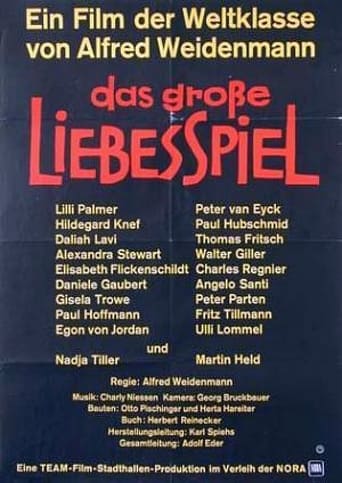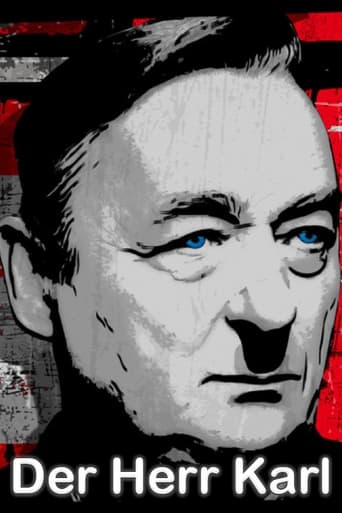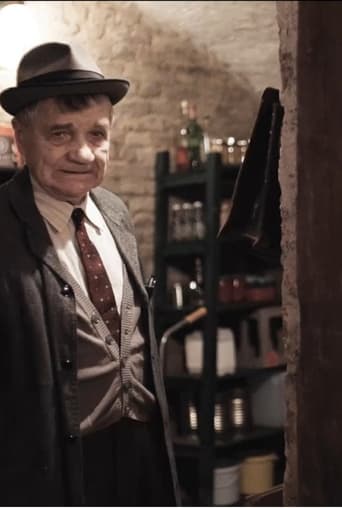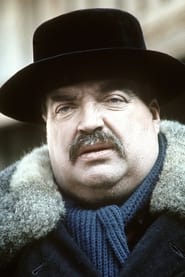
Helmut Qualtinger
Acting
🎂 1928-10-08
Helmut Qualtinger was born in Vienna, Austria. He initially studied medicine, but quit university to become a newspaper reporter and film critic for local press, while beginning to write texts for cabaret performances and theater plays. Qualtinger debuted as an actor at a student theater and attended the Max Reinhardt Seminar as a guest student. Beginning in 1947, he appeared in cabaret performances. In 1949, Qualtinger's first theatrical play, Jugend vor den Schranken, was staged in Graz. Up to 1960, Qualtinger collaborated on various cabaret programmes with the Namenlosen Ensemble made up of Gerhard Bronner, Carl Merz, Louise Martini, Peter Wehle, Georg Kreisler, and Michael Kehlmann. Qualtinger was famous for his practical jokes. In 1951, he managed to launch a false report in several newspapers announcing a visit to Vienna of a (fictional) famous Inuit poet named Kobuk (author of "The Burning Igloo"). The reporters who assembled at the railway station however were to witness Qualtinger, in fur coat and cap, stepping from the train. Asked about his "first impressions of Vienna", the "Inuit poet" commented in broad Viennese dialect, "Haaaßis'sdo - [It's hot here]". The short one-man play Der Herr Karl, written by Qualtinger and Carl Merz and performed by Qualtinger in 1961, made the author known across German-speaking countries. "Herr Karl", a grocery store clerk, tells the story of his life to an imaginary colleague - from the days of the Habsburg empire, the First Austrian Republic, the Austrofascist regime leading up to the Anschluss (annexation) by Nazi Germany, World War II and finally military occupation by Allied forces in the 1950s, seen from the perspective of a one who is a prototypical opportunist. Qualtinger's portrayal of the petit-bourgeois Nazi collaborator came at a time when "normality" had just been restored and Austrians' involvement in the Nazi movement was being downplayed and "forgotten", making many enemies for the author, who even received anonymous threats of murder. Beginning in the 1970s, Qualtinger frequently performed recitals of his own and other texts, including excerpts from Adolf Hitler's Mein Kampf and Karl Kraus' Die letzten Tage der Menschheit (The Last Days of Mankind). These recitals were highly popular and resulted in several records being published. Qualtinger played countless theater, TV and film parts, making his final appearance in The Name of the Rose in 1986, along with Sean Connery. Qualtinger died in Vienna on 29 September 1986, of a liver condition. From Wikipedia, the free encyclopedia
Cast credits(64)
Self
1974
Self
1951
Harry Beggs
1982
Self
1962

Remigio da Varagine
1986
Self
1986
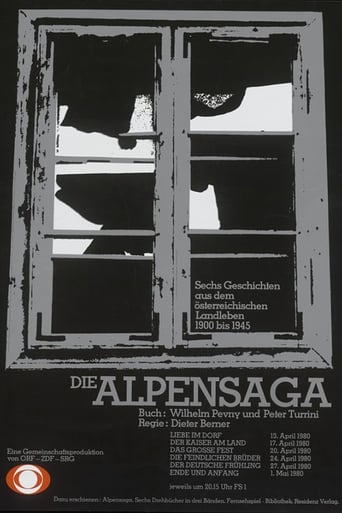
Allinger
1976
Self (archive footage)
2019
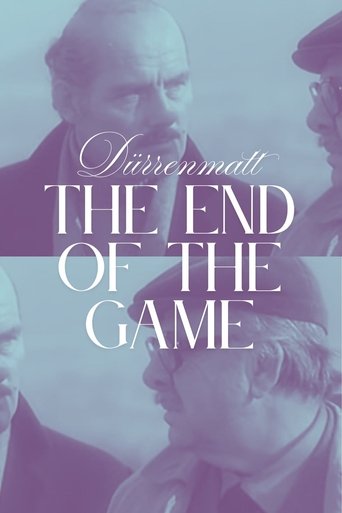
Von Schwendi
1978
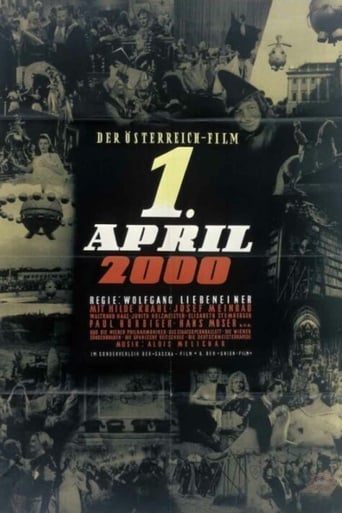
1952
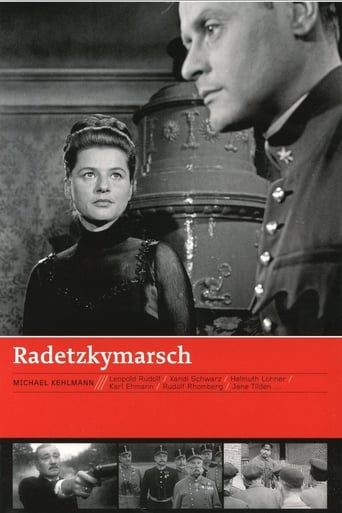
Kapturak
1965
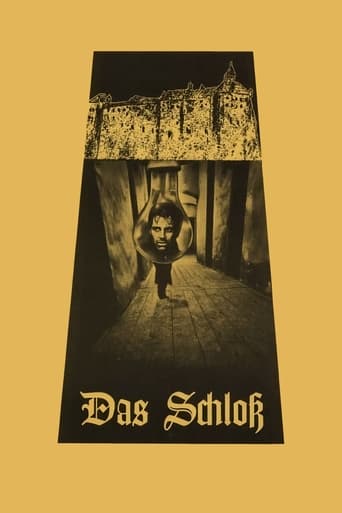
Bürgel
1968
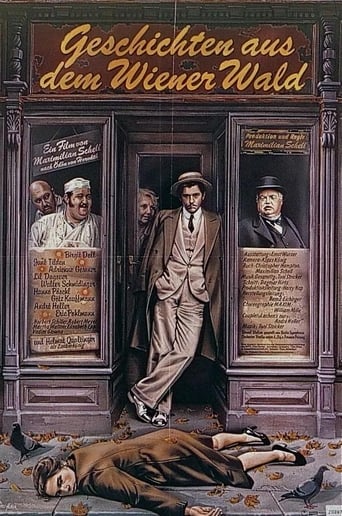
Zauberkönig
1979
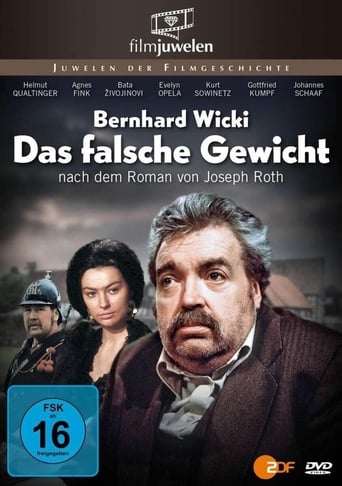
Anselm Eibenschütz
1973
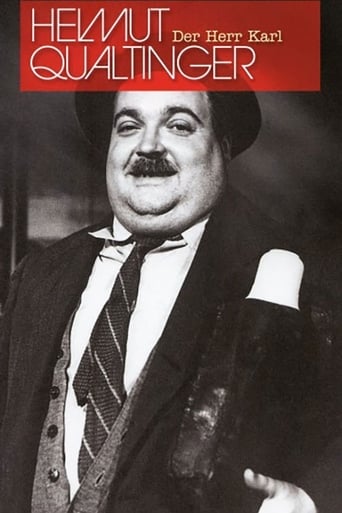
Herr Karl
1967
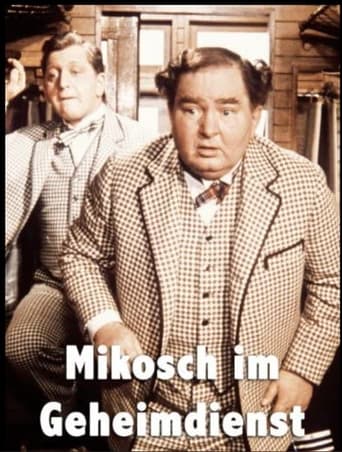
Oberst Fedor Fedorowitsch Ganiew
1959
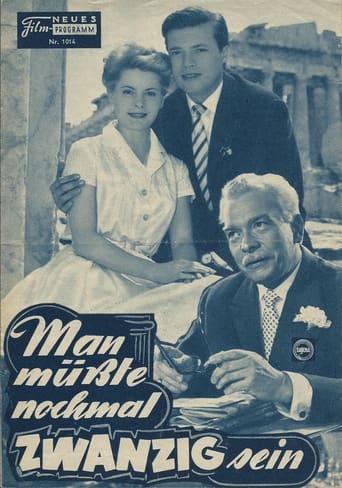
Kanzakis
1958
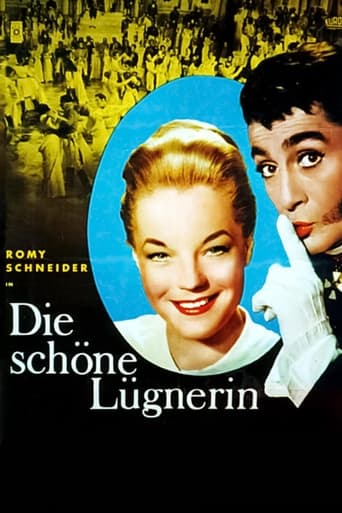
Detective Zawadil
1959
Sepp O'Brian
1978
Scharfrichter Engel
1966
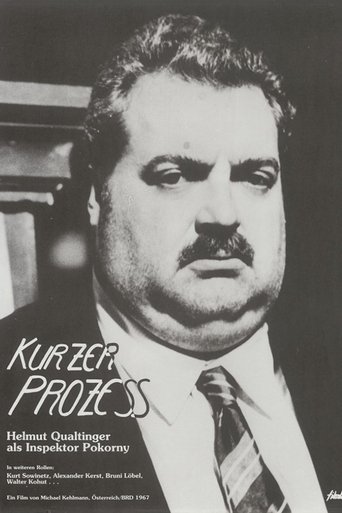
Inspektor Pokorny
1967
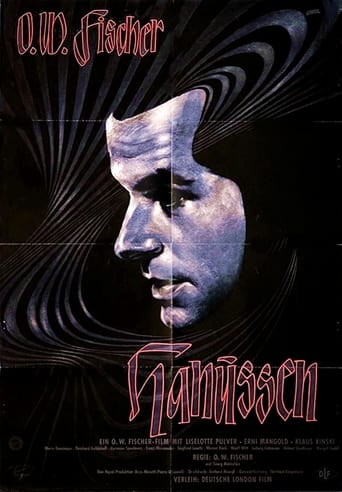
Ernst Röhm
1955
Soldat
1971
Natter
1970

Melchior - Hausknecht
1962
Pitzl
1967

Seppl Reber
1960
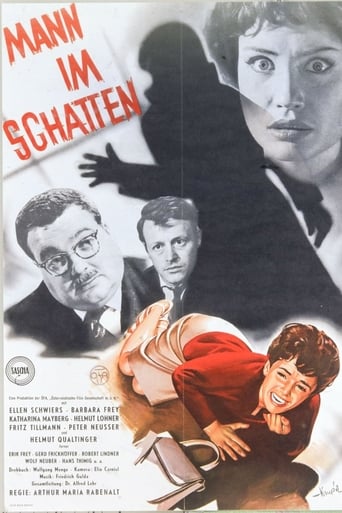
Oberpolizeirat Dr. Radosch
1961
Oskar
1961

Huck
1976

Wollner
1957
Himself
1972
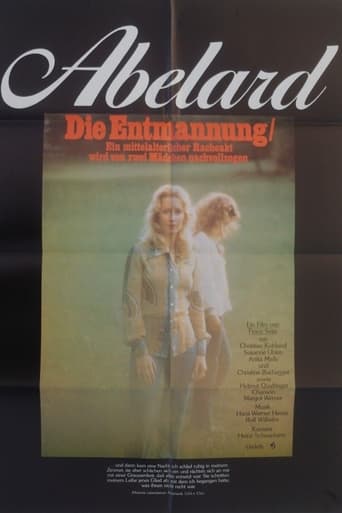
1977
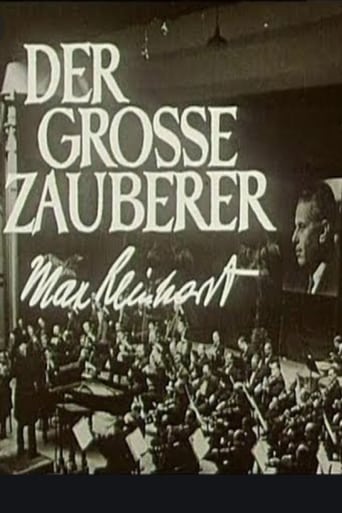
Self
1973
Johann Plantagenet, König von England
1971
Matzenauer
1966
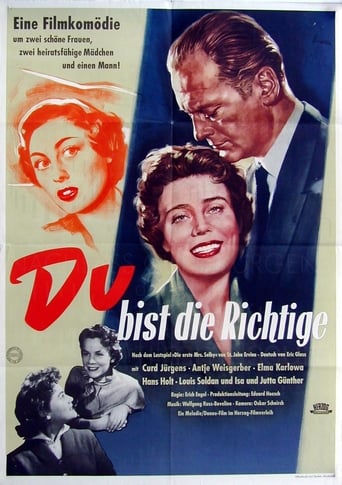
Orientalischer Fürst
1955
Mirko
1954
Dr. Döblinger
1986
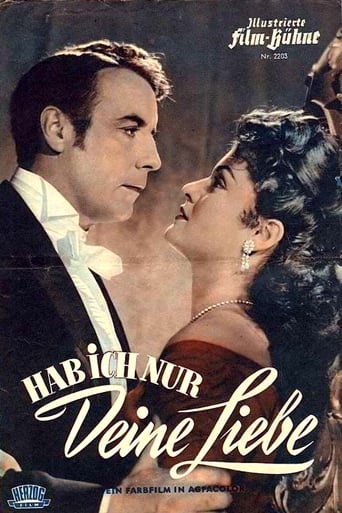
Direktor Pokorny
1953
Konrad Steisshäuptl
1965
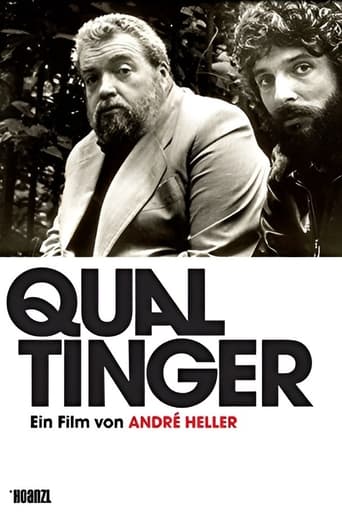
2011
Nationalrat Bröschl
1970

Ragin
1974
Knieriem, ein Schustergeselle
1965
Ferry
1967
Erwin Plückhahn
1971
Capitano Agamemnon Heredia
1966
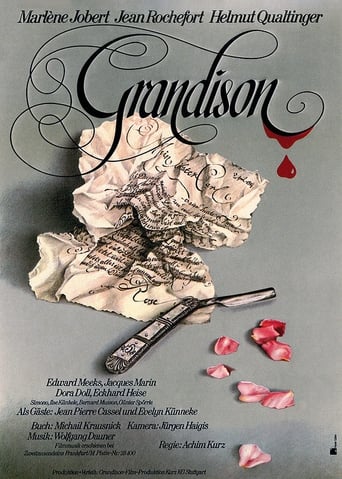
Dr. Ludwig Pfister
1978
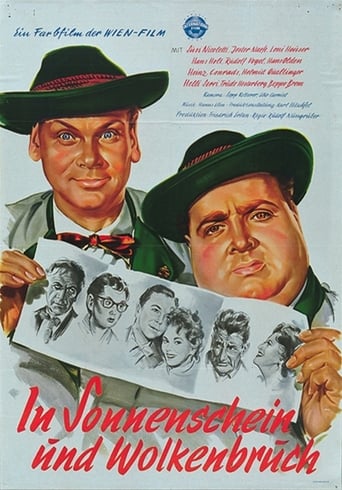
Werbefachmann
1955
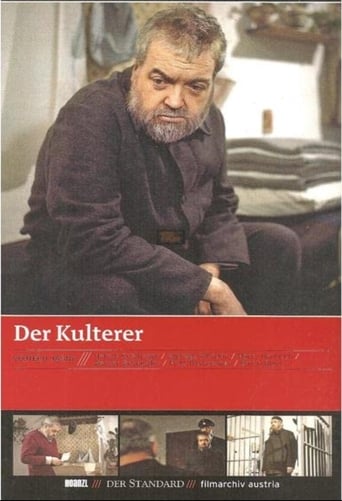
Kulterer
1974
Der Schlechtere
1957
1985
Ignaz Trummer
1969

Officer
1975
Mulligan
1977
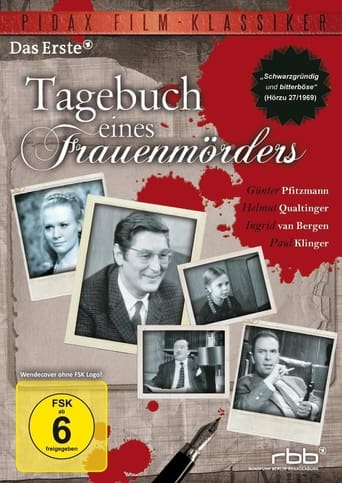
Rudi Böhm
1969
1981
Schalanter
1968
Ministerialdirigent Kriegbaum
1961
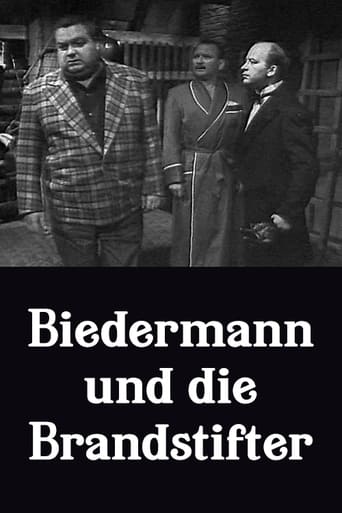
Schmitz - ein Ringer
1963
Viktor
1985
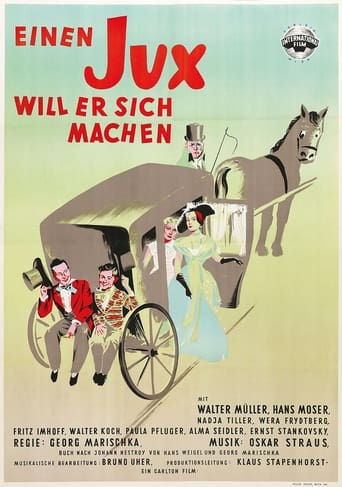
Kraps
1953
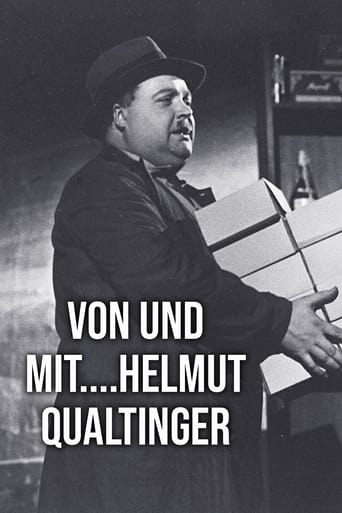
1975


